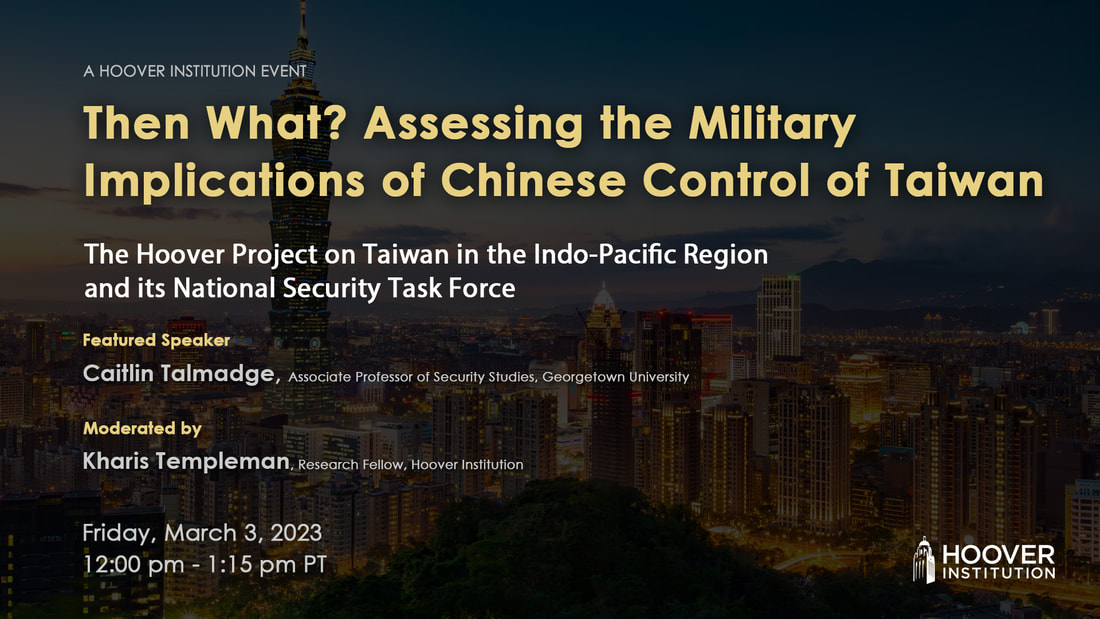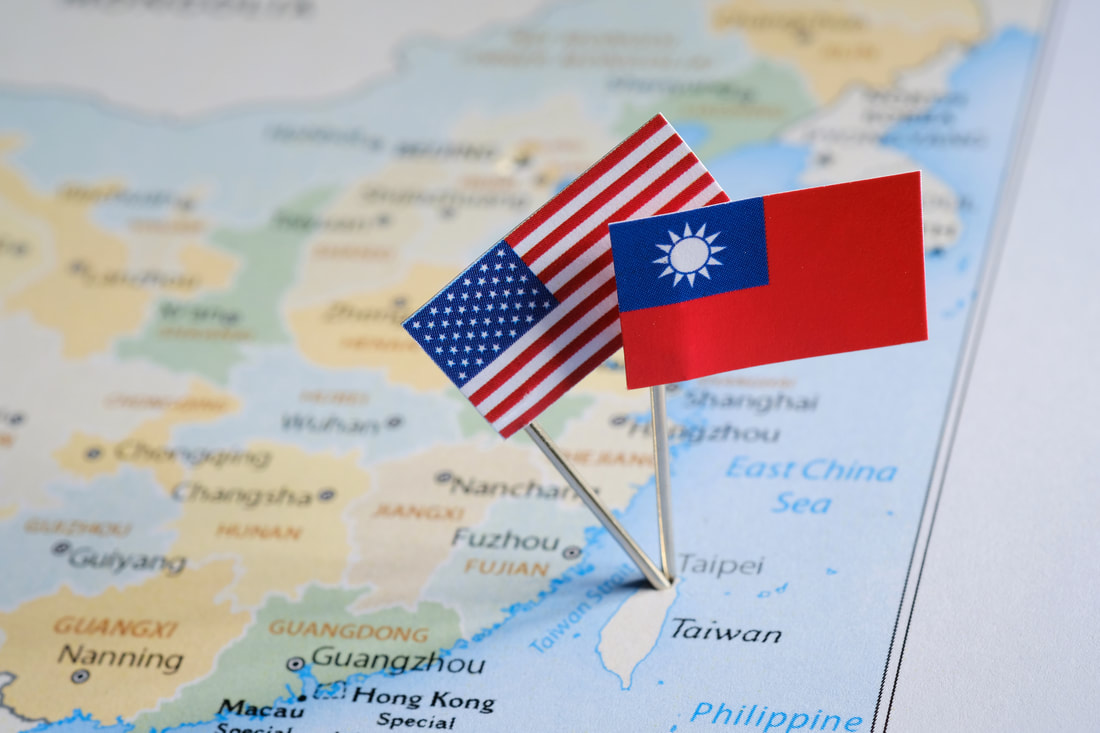The military implications of Chinese control of Taiwan are understudied. Chinese control of Taiwan would likely improve the military balance in China's favor because of unification's positive impact on Chinese submarine warfare and ocean surveillance capabilities. Basing Chinese submarine warfare assets on Taiwan would increase the vulnerability of U.S. surface forces to attack during a crisis, reduce the attrition rate of Chinese submarines during a war, and likely increase the number of submarine attack opportunities against U.S. surface combatants. Furthermore, placing hydrophone arrays off Taiwan's coasts for ocean surveillance would forge a critical missing link in China's kill chain for long-range attacks. This outcome could push the United States toward anti-satellite warfare that it might otherwise avoid, or it could force the U.S. Navy into narrower parts of the Philippine Sea. Finally, over the long term, if China were to develop a large fleet of truly quiet nuclear attack submarines and ballistic missile submarines, basing them on Taiwan would provide it with additional advantages. Specifically, such basing would enable China to both threaten Northeast Asian sea lanes of communication and strengthen its sea-based nuclear deterrent in ways that it is otherwise unlikely to be able to do. These findings have important implications for U.S. operational planning, policy, and grand strategy.

Caitlin Talmadge is associate professor of Security Studies in the School of Foreign Service at Georgetown University, as well as Senior Non-Resident Fellow in Foreign Policy at the Brookings Institution, and Research Affiliate in the Security Studies Program at the Massachusetts Institute of Technology. During fall 2022 she also holds the Kissinger Chair in Foreign Policy and International Relations at the United States Library of Congress.
Professor Talmadge’s research and teaching focus on deterrence and escalation, U.S. military operations and strategy, and security issues in Asia and the Persian Gulf. She is author of The Dictator’s Army: Battlefield Effectiveness in Authoritarian Regimes (Cornell, 2015), which Foreign Affairs named the Best Book in Security for 2016 and which won the 2017 Best Book Award from the International Security Studies Section of the International Studies Association. In addition, she is co-author of U.S. Defense Politics: The Origins of Security Policy (fourth edition, Routledge, 2021), and she is currently writing a book with Professor Brendan Green on nuclear escalation risk in the emerging deterrence environment.






 RSS Feed
RSS Feed
